During the past six years, Loblaw has worked in close partnership with WWF-Canada to set and make substantial progress toward its sustainable seafood commitment. In 2009, Loblaw made a commitment to source 100 percent sustainable seafood across all of its products by year-end 2013. As the largest buyer and seller of seafood in Canada, Loblaw is using its market influence to drive more responsible seafood products from its vendors. This purchasing power has encouraged a greater number and diversity of responsible seafood choices in the Canadian market, for instance being the first in North America to bring MSC-certified cat food to its shelves.
It is an example of putting the Alliance’s Common Vision into action: one of the key steps in the Common Vision is for companies to demonstrate environmental leadership by updating their procurement practices to better reflect sustainability priorities. This can take the form of preferentially selling environmentally responsible seafood, or working with operators to proactively improve the environmental performance of fisheries or farms by establishing clear milestones and deadlines for improvement.
Sustainability spectrum of products
In 2013, approximately 88 percent of Loblaw’s seafood product sales in core seafood categories were procured from MSC- or ASC-certified sources, acceptable sources with conditions, or sources making meaningful progress toward sustainability.
Through the partnership, the Loblaw team developed a detailed vendor survey that requested from its more than 250 vendors, among other things, information on the scientific name of every fish and shellfish species in vendors’ products, the fishing area from which the species were sourced, and the type of gear used. Using criteria on an internally developed ladder of continuous improvement towards sustainability, Loblaw, WWF-Canada and scientific advisor Dr. Jeffery Hutchings reviewed and assessed the sustainability of more than 100 species and stocks, to help determine which of the 2,500 products did not meet a minimum bar for sustainability. WWF counselled Loblaw to engage Dr. Hutchings, a fisheries biologist at Dalhousie University, to ensure that the decisions were based on sound scientific advice.
According to Juliana Dutkay, strategic partnerships manager at WWF-Canada, the products fell along a spectrum of sustainability, making some choices easy and others more difficult. For example, MSC-certified products were automatically approved for sourcing. On the other hand, five at-risk species— shark, skate, Chilean sea bass, orange roughy, and American red snapper—were temporarily removed from the company’s shelves until a sustainable source could be found. But most products fell somewhere in the middle, and rather than using an exclusionary sourcing method to delist these products, Loblaw worked with suppliers to drive fisheries improvements.
Jarmila Becka Lee, sustainable seafood advisor at WWF-Canada, explained the company’s approach, “WWF and Dr. Hutchings presented recommendations to Loblaw on which seafood sources were considered sustainable. Loblaw then went to their suppliers and described the kind of conditions that the company required for its sourcing. Rather than not sourcing certain seafood products at all, the company looked to find more responsible sources.”
The company is gradually driving progress. In 2010, early in its seafood commitment, the Loblaw stocked 22 MSC-certified products. By 2011, 73 products carried the MSC logo. Today, 133 MSC-certified wild-caught seafood products are on the store’s shelves, more than any other Canadian retailer. Loblaw was the first North American retailer to offer ASC-certified tilapia in January 2013 and first to offer ASC-certified salmon in April 2014.
Notable progress has even been achieved with products that initially fell below the sustainability bar. In the case of Chilean sea bass, the company found a suitable alternative two years after removing the species from its stores. In 2012, Loblaw reintroduced Chilean sea bass that could be procured from two MSC-certified fisheries. With WWF and Dr. Jeff Hutchings’s strategic guidance, the company continues to seek out ways to play a leading role in driving the seafood industry toward responsible harvesting of both wild and farmed seafood. For instance, supporting the 3PS Cod Fisheries Improvement Project.
FIP engagement in the cod fishery
In January 2011, WWF and Icewater, a groundfish company based in Newfoundland and North America’s largest processor of Atlantic cod, started Canada’s first FIP in the 3Ps cod fishery in Newfoundland. Loblaw supported the FIP by committing to source from it. With most of the cod stocks in the region still depleted or slowly recovering from collapse in the 1990s, the project set out an aggressive conservation action plan over a three-year period. In March 2014, it became Newfoundland’s only commercial cod fishery to enter full assessment against the MSC standard, with an anticipated certification in 2016.
